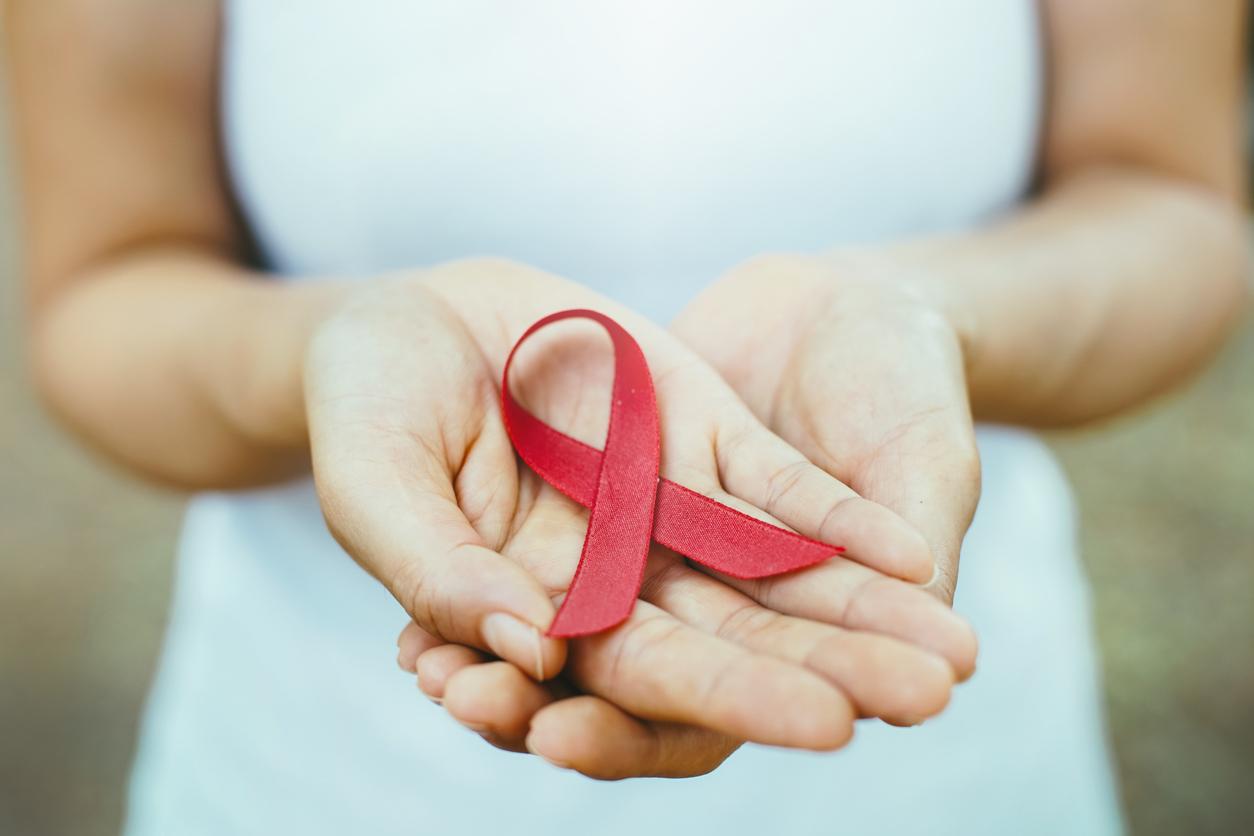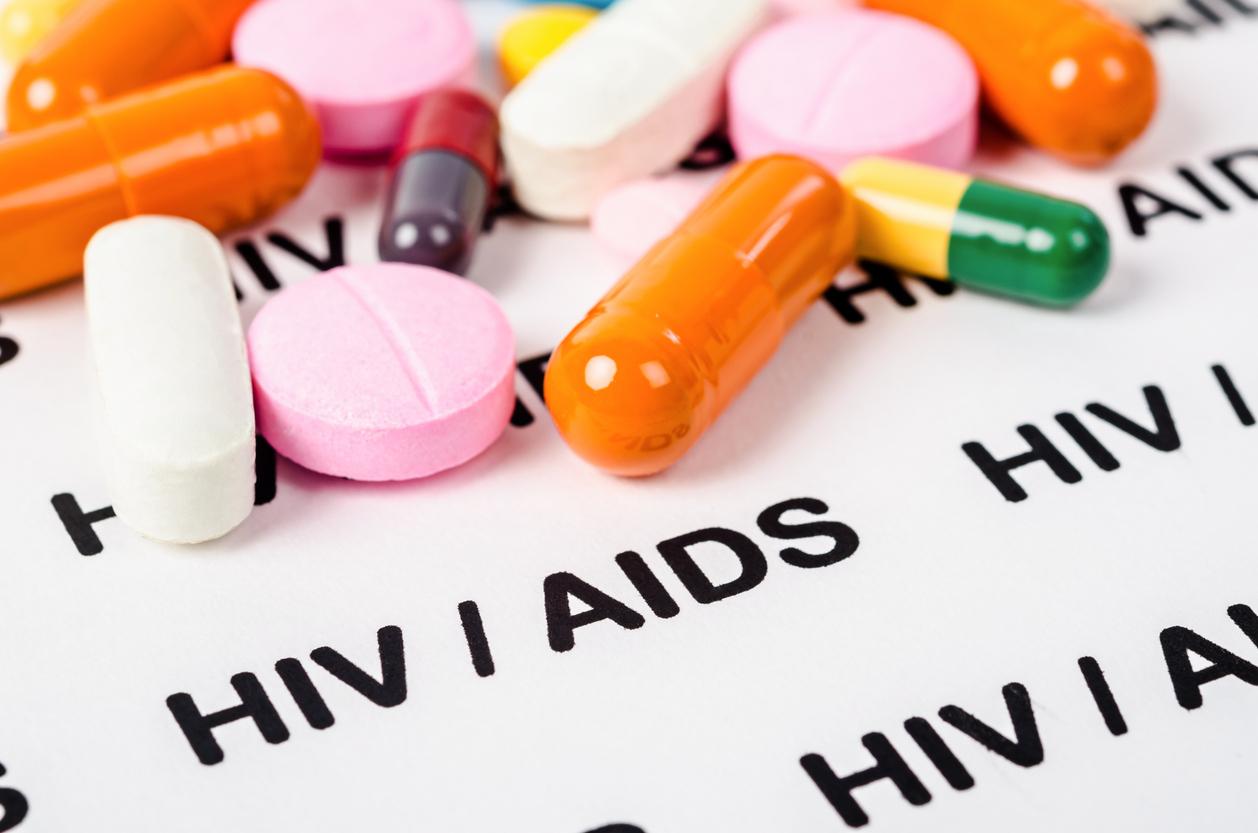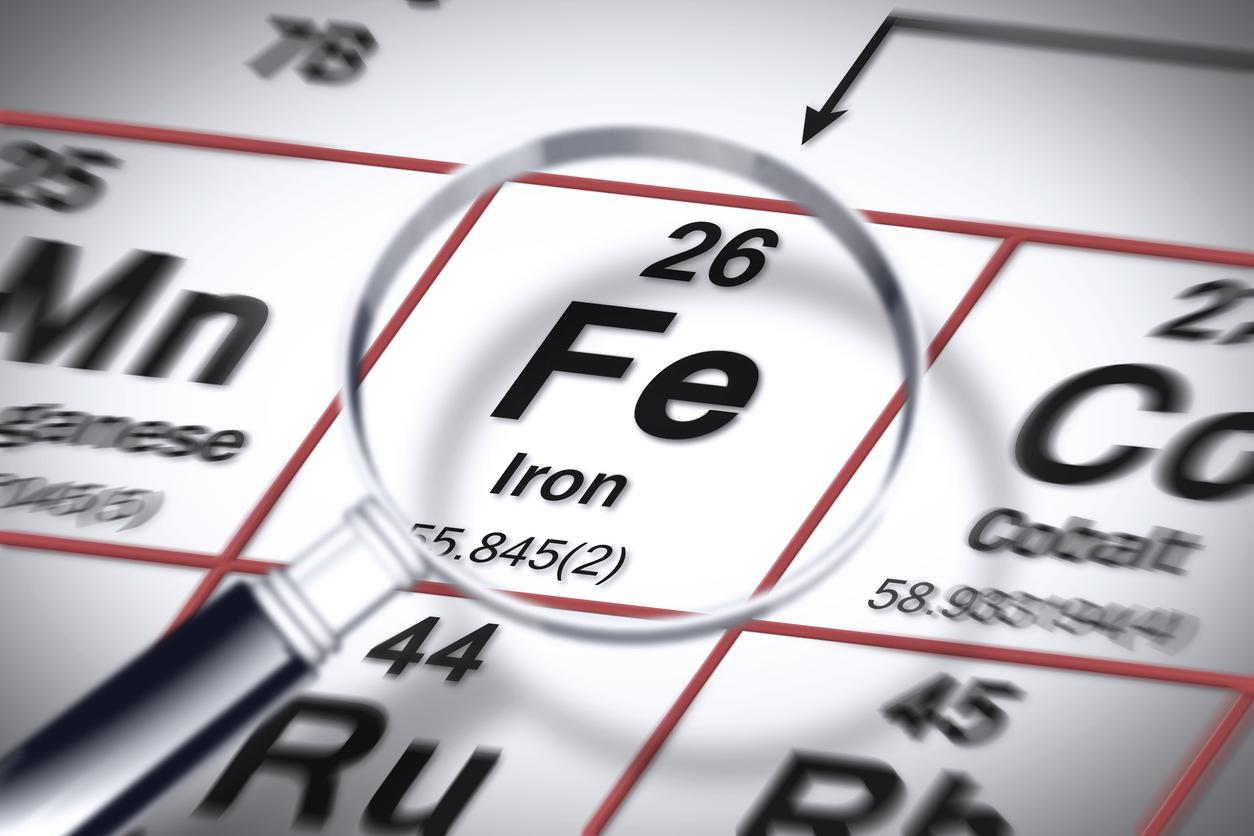Effective treatment with antiretrovirals prevents detection of HIV in the blood, and therefore transmission to an HIV-negative partner.

U=U for “undetectebale equals untransmittable”. Understand “undetectable = untransmittable”.
It is by this formula that for years, associations fighting against AIDS have defended the principle according to which by suppressing the viral load of HIV, antiretroviral treatments prevent any transmission of the virus between sexual partners.
A new study, published this Friday in the British journal The Lancet and strong of “eight years of hindsight”, confirms this conclusion. According to its authors, “the risk of HIV transmission among gay couples during sex without condoms when the HIV viral load is suppressed is effectively zero”. Already in 2016, the first phase of this research had come to the same conclusion.
The standard antiretroviral treatment consists of combining at least 3 antiretroviral drugs (ARVs) to suppress HIV as much as possible by stopping the progression of the disease. A considerable reduction in mortality rates has been observed when using a strong antiretroviral regimen, particularly in the early stages of infection.
472 cases of transmission avoided thanks to treatment
This new work was carried out at 75 clinical sites in 14 European countries between September 2010 and July 2017. It involved 972 couples of men having unprotected sex and among whom at least one of the partners is HIV-positive but whose viral load is undetectable thanks to antiretrovirals.
Of these couples, 782 enabled the researchers to study a total of “1,593 couple years”. A meeting with the participants took place every 4 to 6 months in order to know the number of their reports without protection. In total, “76,000 anal sex without a condom” have been recorded.
At the end of the experiment, ie after 8 years of testing, the authors of the study found 15 new HIV infections. However, they were able to demonstrate by genetically analyzing the virus that they were not linked to transmissions within couples. On the contrary, they were able to demonstrate that the HIV transmission rate was zero in these male couples. According to the authors of this new work, treatment with antiretrovirals has prevented 472 cases of transmission within the couples who participated in the study.
Zero transmission risk for gay and heterosexual couples
“Our results provide conclusive evidence for gay men that the risk of HIV transmission with antiretroviral therapy that suppresses viral load is zero,” says Alison Rodger, professor at University College London and co-author of the study.
This is, according to the researchers, the first study to investigate the risk of transmission among gay couples with one HIV-negative partner. It therefore reinforces the idea that the risk of transmission within gay or heterosexual couples is “similar” in the case of anal and vaginal sex.
These new works are not without limitations. The researchers thus concede that the majority of HIV-positive participants had been taking antiretroviral treatment for several years and that they therefore still have “limited data on the risk of transmission during the first months of antiretroviral therapy”.

.

















